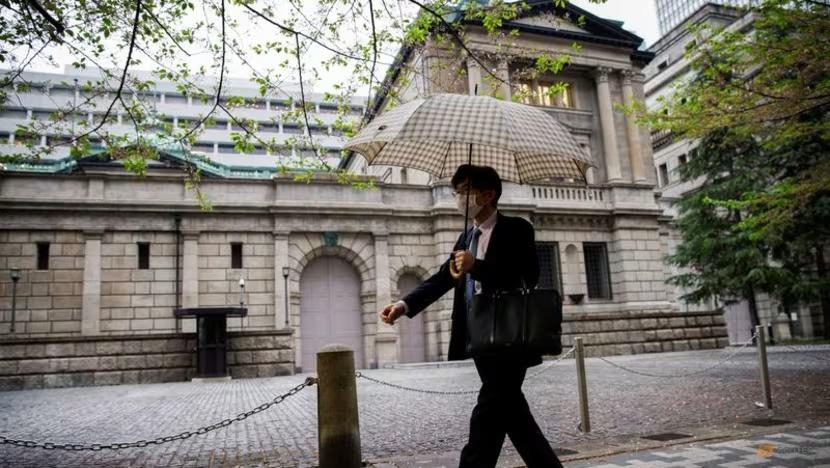
Small Firms' Wage Burden Complicates BOJ's Rate Hike Plans
Japan's small firms are spending a disproportionate share of their profits on wages compared to larger counterparts, raising doubts about their ability to sustain further wage hikes. This situation casts uncertainty over the Bank of Japan's (BOJ) ability to continue raising interest rates, which are currently at historic lows.
The BOJ's next steps hinge on whether smaller firms, which employ 70% of Japan's workforce, can continue to meet rising wage demands. Policymakers are closely monitoring this dynamic as it is crucial for sustaining a consumption-led economic recovery.
Despite some success in achieving wage hikes, the uneven distribution of this burden among corporations complicates the BOJ's strategy. Small and medium-sized enterprises (SMEs) already allocate around 70% of their profits to wage costs, significantly higher than the 40% spent by larger firms, according to recent government data.
The sustainability of wage growth remains a key concern. BOJ board member Toyoaki Nakamura expressed skepticism about the long-term viability of current wage trends, particularly for SMEs with weaker profitability.
The uncertainty surrounding wage growth, coupled with potential trade policy changes under the incoming US administration, may prompt the BOJ to maintain current interest rates at its upcoming meeting. Policymakers are likely to take more time to assess next year's wage outlook before making any adjustments.









Comments